- 081-9201261

About our Department
Welcome to Agriculture
The Agriculture Department of Balochistan is committed to promoting sustainable agricultural development and ensuring food security across the province. We aim to empower farmers through access to modern techniques, improved seed varieties, and efficient irrigation systems suited to the region’s arid climate. Our mission is to increase productivity, enhance livelihoods, and strengthen rural economies through research, innovation, and education. We oppose all practices that harm the environment or exploit agricultural workers. We believe in an inclusive agricultural system that respects local traditions while embracing advancement. With a focus on water conservation, crop diversification, and farmer training, we call on all stakeholders to participate in shaping a resilient agricultural future. A thriving agricultural sector is one in which both the land and the people who cultivate it are respected and supported.
See MoreOur Mission
Our mission is to quickly bring stability and growth to every farm and farming family in Balochistan.
Our Program
You can participate in our agriculture programs across Balochistan. Check the upcoming events in your area.
Our Projects
Our projects are the foundation of sustainable farming and growth. We invite you to join us and make a difference.
our achievement
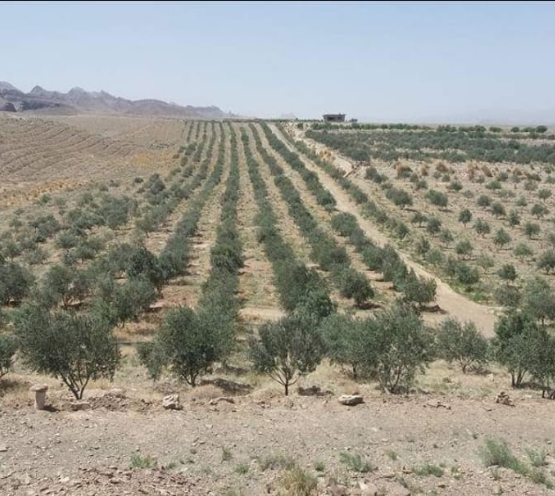
July 12, 2023
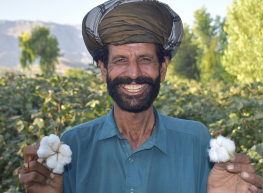
November 5, 2024
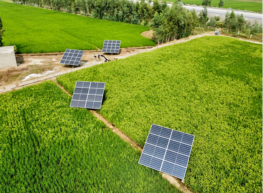
November 22, 2024

June 20, 2024
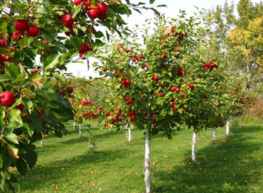
March 15, 2023
Exciting developments are happening
Where Agriculture of Balochistan stands
-
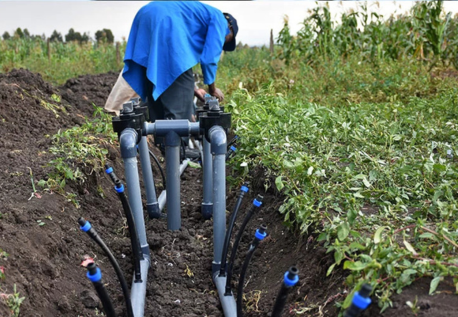
2020
Launch of Water Conservation Projects
Initiated programs focused on efficient water management, including drip irrigation and rainwater harvesting, to combat water scarcity in farming communities. These initiatives helped reduce water waste and improved crop yields in drought-prone areas. Community awareness campaigns were also conducted to encourage water-saving practices among farmers.
-
Promotion of Climate-Resilient Crops
Introduced new varieties of drought-tolerant and heat-resistant crops to help farmers adapt to changing climate conditions. Field trials and demonstrations were organized to showcase the benefits of these crops. The department worked closely with agricultural research centers to continuously develop and distribute improved seed varieties.
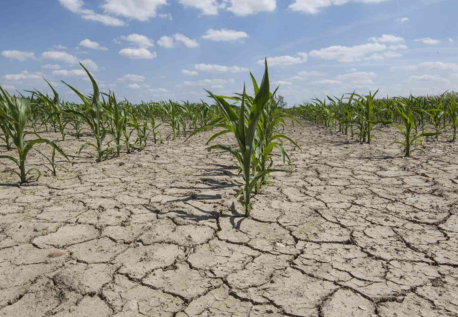
2021
-
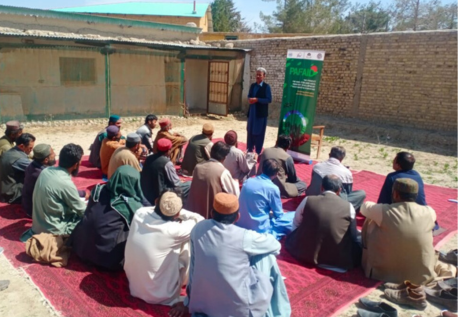
2022
Expansion of Farmer Training and Extension Services
Increased outreach programs to train farmers on modern agricultural techniques, pest management, and sustainable practices. Workshops and hands-on training sessions were held in multiple districts, empowering farmers to adopt innovative and cost-effective farming methods. The use of digital platforms for remote advisory services was also introduced to reach more farmers.
-
Organic Farming Policy Implementation
Rolled out a provincial organic farming policy to encourage eco-friendly farming methods and reduce chemical dependency. The policy included support for certification processes and market linkages for organic produce. Farmers received training on organic inputs and pest control, leading to increased interest in sustainable agriculture.
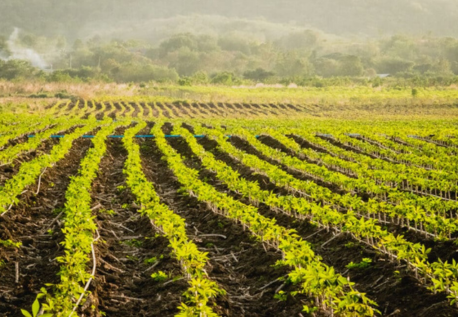
2023
-

2024
Installation of Solar-Powered Irrigation Systems
Installed over 120 solar tube wells, providing clean energy irrigation solutions to remote and water-scarce areas. This initiative reduced farmers’ reliance on expensive fuel-powered pumps and lowered greenhouse gas emissions. Maintenance and technical support programs were also launched to ensure the sustainability of these systems.
-
Boost in Horticulture and Fruit Production
Expanded fruit orchard cultivation, especially apples and cherries, leading to increased production and new market access for farmers. The department facilitated access to quality saplings, irrigation, and pest control measures to maximize yield. Partnerships with local and national markets helped farmers secure better prices and expand their businesses.
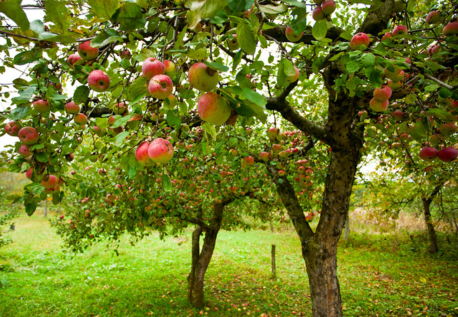
2025
dedicated people
Meet our Officials

Mir Ali Hassan Zehri
Minister
Sarfraz Bughti
Chief Minister of Balochistan
Shakeel Qadir Khan
Chief Secretary BalochistanRules Of Business
- Agriculture Extension, Research, Engineering and Education.
- Promoting high-value crops, fruits, and vegetables.
- Improving soil health.
Our Mission
- Transmission of Modern Crop Technology and Agricultural Techniques.
- Demonstrating new Varieties and Techniques by laying out Demonstration Plots.
- Propagation of Pedigree Nursery Plants of Fruits at Government Nurseries for Distribution to Growers.
Department Functions
- Levelling of agricultural land.
- Reclamation / development of cultivable waste.
- Construction of dykes / Sailaabee Bandat.
